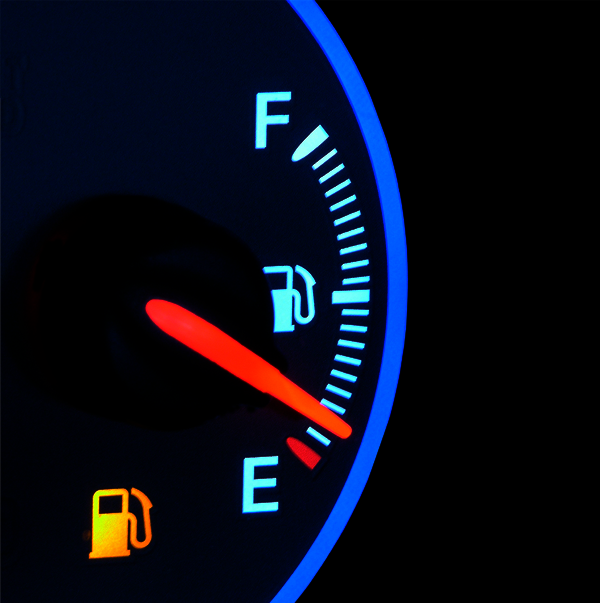Tesla Repays Feds, Should Thank Competitors for Success
Tesla Motors repayed a $465 million dollar loan from the federal government yesterday, nine years ahead of schedule. While being touted as a major success for the future of renewable energy and Zero Emissions Vehicles in particular, the truth behind Tesla’s façade of success is worrisome. The company’s first profitable quarter demonstrates the difficulty of finding real success in an unproven market.
Critics have raved about Tesla and its offerings. By any standard, their cars would be considered top notch. When added to the fact that their fleet is 100 percent electric, the level of hype is virtually unmatched by media, consumers, and environmentalists alike. Though such innovation comes at a premium (a stock Tesla Model S is priced at $69,900 before a $7500 federal tax break and various state incentives), the real money maker for Tesla and its billionaire CEO Elon Musk comes not from its cars, but capitalizing on government regulations aimed to reward automakers like Tesla whose cars emit zero emissions.
Tesla’s Q1 of 2013 exceeded investor expectations by producing its first ever quarterly profit earning $11.2 million. The stock exploded from $55 per share to $92 over the next few days. Less prominent in the financial discussion is the fact that during the quarter $68 million, or 12% of all revenue, was generated by the sale of carbon credits that Tesla sold to its competition.[1] These credits, which some analysts think can generate $250 million for Tesla this year, are purchased by companies as an insurance policy to help meet the restrictive emissions standards of states like California who require that 15% of all cars sold by 2025 will produce no emissions.[2] Critics are quick to point out that although these cars are emission free on the road, it takes conventional power plant and mining operations to develop and charge their lithium-ion batteries. Regardless, companies buy these Zero Emissions Vehicle (ZEV) credits from companies like Tesla who already exceed the 15% standard and hold onto them until they face fines and penalties for non-compliance.
This jump in stock price, based on industry subsidies and regulatory fees over actual market success, prompted Tesla sell 2.7 million new shares at its inflated price to raise the $450 million needed to repay Uncle Sam. Prominent skeptic of the still-fledgling EV market, Chrysler CEO Sergio Marchionne, has said, “Regulators are rushing precipitously toward embracing (electric vehicles) as the only solution. Doing that on a large scale will be masochism in the extreme.” Marchionne says that governments should stay technology neutral and let the free markets work.
While it’s great to see taxpayers not lose money on a loan to an electric car company, Tesla should be wary to claim success based on the exploitation of beneficial government regulation, lucrative taxpayer subsidies, and the continued funding of their competition.


